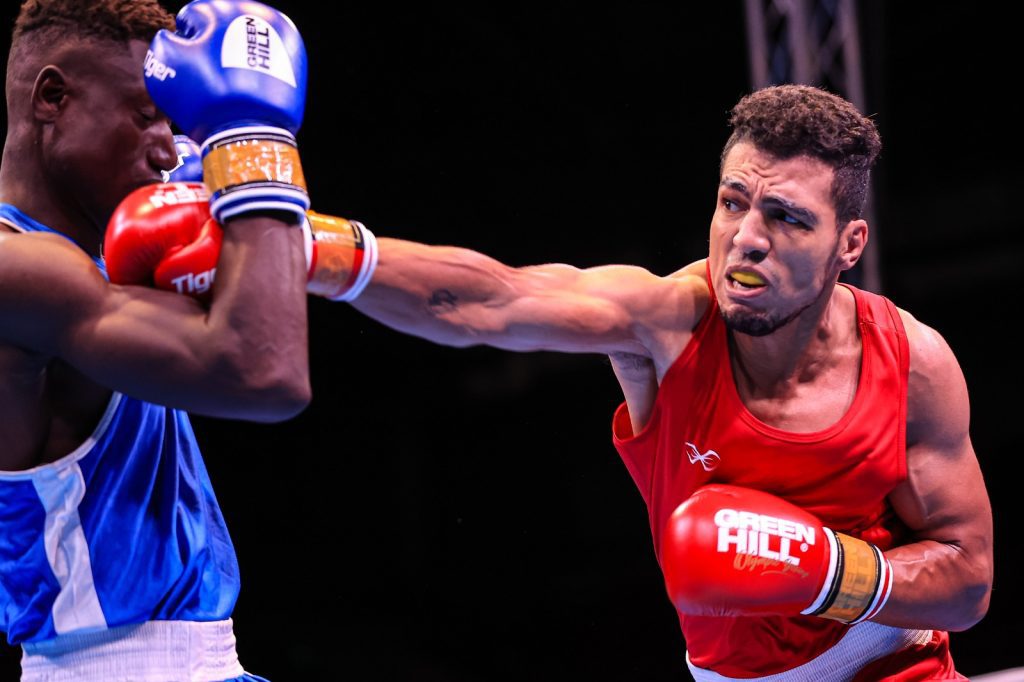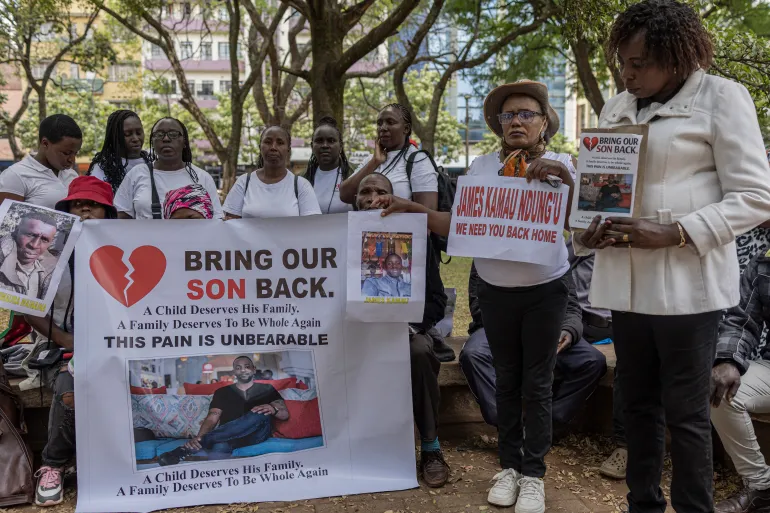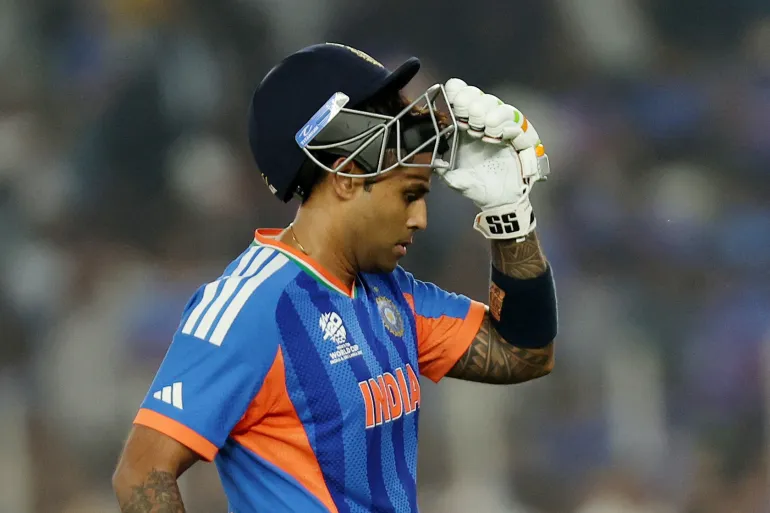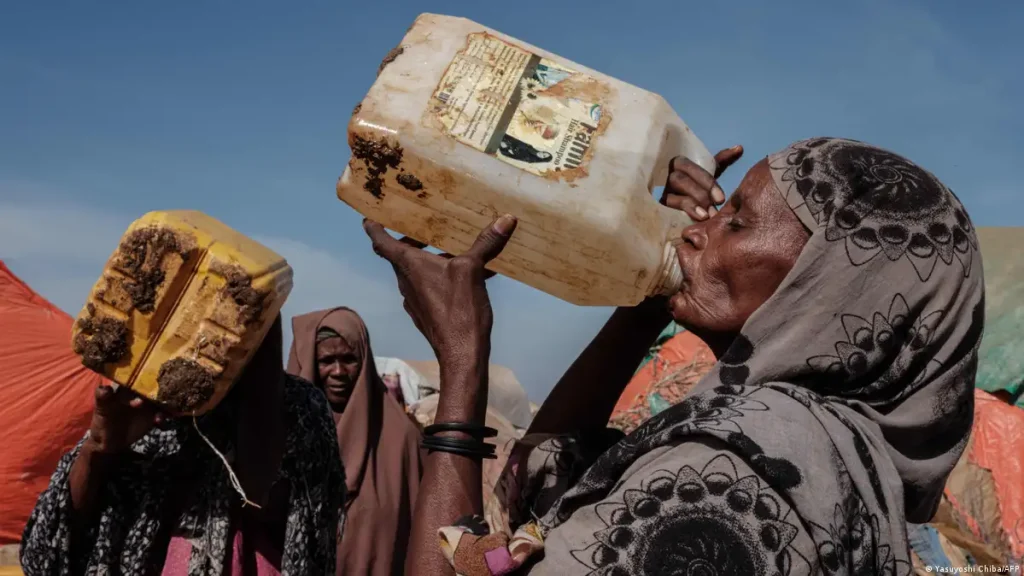Boxing has a rich history in Africa, producing some of the most celebrated champions in the sport. From legendary fighters to rising stars, African boxers have made their mark on the world stage, showcasing their skills and resilience in the ring. This article explores the legacy of boxing in Africa, highlighting the champions who have emerged from the continent and the factors contributing to the sport’s growth.
Legendary African Boxers
- Muhammad Ali and African Boxing
Although Muhammad Ali was an American, his influence extended to Africa, where he visited numerous countries, promoting boxing and inspiring local fighters. His legendary fight against George Foreman in Zaire in 1974, known as the “Rumble in the Jungle,” left an indelible mark on the continent and showcased Africa’s potential to host world-class boxing events. - Azumah Nelson (Ghana)
Azumah Nelson is often regarded as one of Africa’s greatest boxers. With a career spanning over two decades, he held multiple world titles in the featherweight and super featherweight divisions. Nelson’s exciting fighting style and sportsmanship made him a national hero in Ghana. His ability to engage fans and inspire young boxers helped raise the profile of boxing in the country. - Anthony Joshua (Nigeria/UK)
Anthony Joshua is one of the most recognized names in boxing today. Born to Nigerian parents, Joshua has become a global icon, unifying the heavyweight division and capturing the attention of boxing fans worldwide. His impressive physique, combined with his technical skills, has made him a formidable opponent in the ring. Joshua’s success has also inspired many young African fighters to pursue boxing as a career. - Dick Tiger (Nigeria)
Dick Tiger is another legendary figure in boxing history. Born in Nigeria, he became a world champion in both the middleweight and light heavyweight divisions during the 1960s. Tiger’s achievements not only made him a celebrated athlete but also paved the way for future generations of Nigerian boxers.
The Growth of Boxing in Africa
Boxing in Africa is experiencing a resurgence, fueled by the rise of new champions and the establishment of training academies. Countries like South Africa, Nigeria, and Ghana are at the forefront of this growth. National boxing federations are investing in training facilities, coaching programs, and grassroots initiatives to nurture young talent.
In South Africa, boxing remains a popular sport, with many local promoters hosting regular fights and tournaments. The country has produced numerous world champions, including Brian Mitchell and Corrie Sanders. These champions have inspired a new generation of fighters who are eager to follow in their footsteps.
Challenges Facing African Boxing
Despite the growth of boxing in Africa, challenges remain. Funding is often a significant barrier, as many boxing clubs rely on sponsorships and donations. Without adequate financial support, it can be challenging to provide quality training and facilities. Additionally, the lack of exposure on international platforms can limit opportunities for African fighters to compete at the highest level.
Moreover, the sport faces competition from other forms of entertainment, such as football and basketball, which often overshadow boxing in terms of popularity. Many young athletes may choose to pursue these sports instead, making it essential for boxing organizations to promote the sport effectively.
The Future of Boxing in Africa
The future of boxing in Africa looks promising, especially with the increasing popularity of the sport and the emergence of new talent. Promoters and federations are working to create more opportunities for fighters to compete on the international stage. This includes organizing events that showcase African talent and partnering with global boxing organizations.
Furthermore, the success of fighters like Anthony Joshua and others has brought attention to African boxing, attracting sponsorships and media coverage. As more African boxers achieve success, the sport will continue to gain traction, inspiring young fighters to take up boxing.
Conclusion
Boxing has a rich legacy in Africa, filled with legendary champions and rising stars. As the sport continues to grow, it is essential to invest in the development of talent and support local boxing clubs. With determination and dedication, African boxers can compete on the world stage and inspire future generations to pursue their dreams in the ring.






















